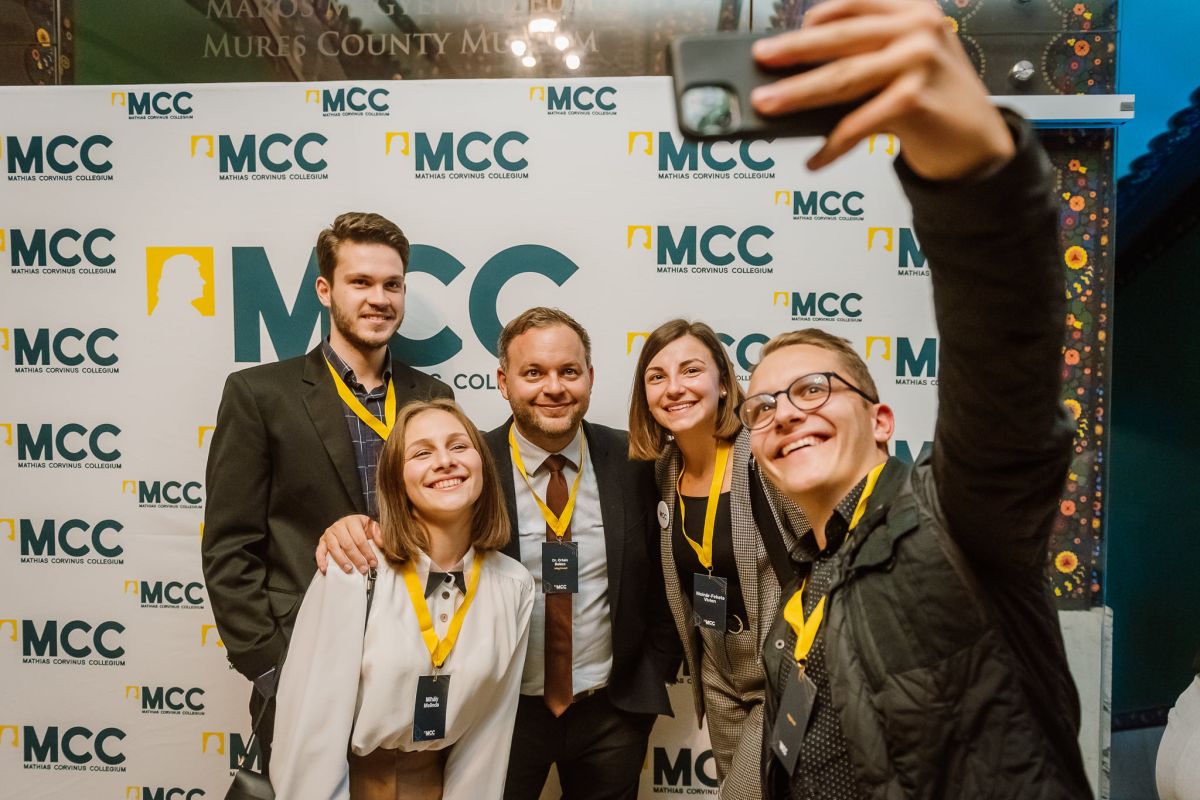‘Bonus intra, melior exi!’ – ‘Enter as a good person, leave as a better one!’
This is the motto of Mathias Corvinus Collegium.

It is almost impossible to imagine a person who does not wish to become better at something, even if it is a hobby, a nine to five job, or even a discovery that leads the world into a new direction. Behind all of these lies the most basic human need to grow, develop, and move forward. Because when we become better, it is not only our talents that are realised, but also our very selves.
But personal fulfilment can never be a self-serving goal. From the most ancient myths of humanity to today’s blockbusters, the true talent of the hero ultimately comes to fruition when it is put at the service of their wider or closer community. That is why nurturing talent and mastering skills can no longer be a solitary task: it takes place in a shared space, in a community of instructors and students. This is the reason why modern schools and education systems were created. And a good educational environment not only entails the training of the general population, but also pays special attention to the most talented – because nurturing talent is not a political, but a national strategic issue.
In Hungary, the tradition of talent management, like so many other things, has been interrupted. The first talent-nurturing establishments were founded during the period of the Austro-Hungarian Monarchy, and their number only continued to grow between the two world wars. This trend was brought to an end by communism. After 1989, however, the demand for Hungarian talent management naturally revived, since the development of talent is never truly a matter of party politics, but of national strategy. With its foundation in 1996, MCC began to play a leading role in this effort.
In addition to the year of its foundation, 2020 also marks a milestone in the history of MCC. The pace changed, we began accepting more students, opening more and more centers across the Carpathian Basin and putting MCC on the international map. We are convinced that, just as the youngest prince in a fairytale must see the world, so must the most promising talents be able to compete on the international stage. The large number of international guest lecturers and international conferences, the educational structure that covers all aspects of the issues Hungary currently faces, and incorporates the most up-to-date scientific findings, are proof that MCC contributes to elevating talent. Who knows? The blockbusters of the future may be filmed at MCC.